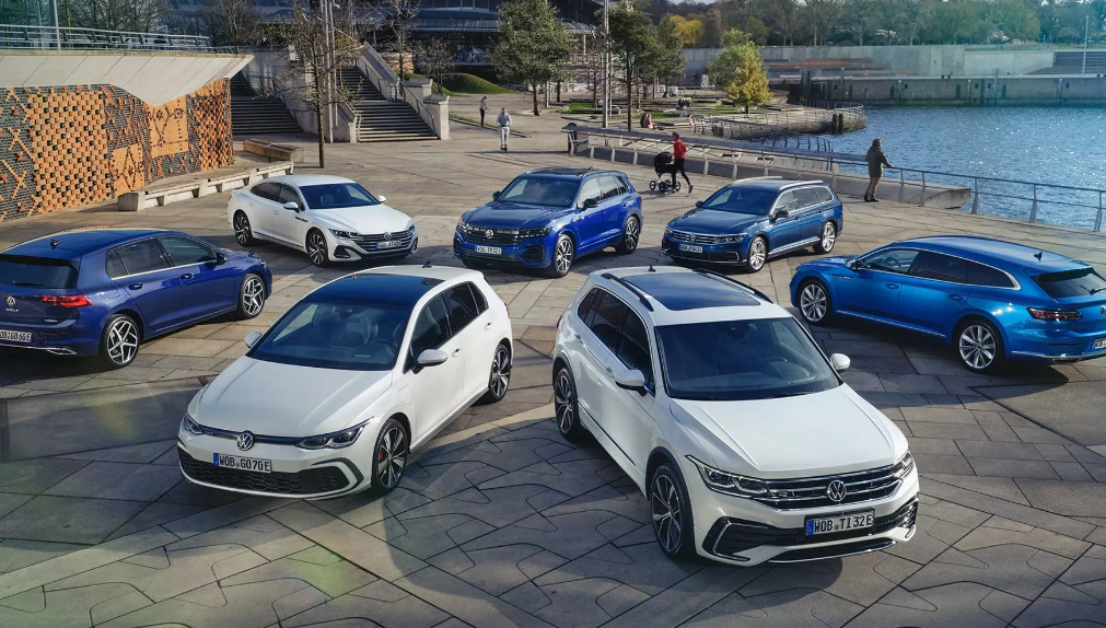According to foreign media reports, German automakers and Swedish car manufacturer Volvo Cars have welcomed a trade agreement between the US and the EU, which will reduce tariffs on cars exported to the US from the current 27.5% to 15%. Mercedes-Benz stated that the agreement provides relief for the German automotive industry and urged continued dialogue between the EU and the US to further lower trade barriers, emphasizing the importance of cooperation for the development of the German automotive sector. Volkswagen Group mentioned that it is awaiting further details of the agreement to be announced soon. 'We welcome the agreement reached between the EU and the US regarding tariff disputes, as it brings planning certainty for the European automotive industry,' the company stated. 'We look forward to the details of the agreement being finalized and announced soon. Once we have the exact content of the agreement, we will study and evaluate it carefully.' Volvo Cars also expressed its appreciation for the agreement and the certainty it brings. The company stated that it will continue to pursue a strategy of producing as many cars as possible in the sales region, including increasing production of the XC60 model at its plant located northwest of Charleston, South Carolina. However, Hildegard Mueller, president of the German Automotive Industry Association (VDA), noted that while the agreement avoids further escalation of trade disputes, it still comes at a significant cost for German automakers. She stated, 'Clearly, the 15% tariff imposed by the US on EU-produced cars will result in German automotive companies losing billions of euros annually.' Additionally, as automakers heavily invest in transitioning to electrification, this will further increase their cost burden. She also mentioned that the key factors will depend on how the specific terms of the agreement are framed and whether all parties adhere to the commitments. The new tariff rate on EU-produced cars is significantly higher than the 2.5% tariff level before actions taken by former President Trump, forcing companies to weigh whether to raise car prices or shift more production to the US. Audi stated on July 28 that it is still assessing the impact of the agreement. As Audi does not have production facilities in the US, it is one of the automakers most affected by the US tariffs. Sources revealed to Automobilwoche in May that Audi may utilize the production capacity of its parent company, Volkswagen Group, to establish plants in three locations in the US. Audi announced that it would make a decision this year regarding the expansion of its business presence in the US. Warburg Research analyst Fabio Hoelscher noted, 'If the 15% tariff is maintained long-term, Audi will remain at a competitive disadvantage, as its main competitors have more prominent production layouts in the US.' Additionally, the German Automobile Dealers Association (ZDK) stated that the 15% tariff structurally raises the prices of German cars in the US market. ZDK president Thomas Peckruhn stated, 'This will impact manufacturers' production decisions and model strategies. What is now being touted as a diplomatic breakthrough will ultimately affect consumers — leading to reduced choices and increased prices.' He also added, 'If automakers withdraw from the US market or adjust their production levels, this will directly affect the availability of cars, delivery times, and model diversity in the German domestic market.'
German and Volvo Automakers Welcome US-EU Trade Agreement Reducing Tariffs

Share this post on: